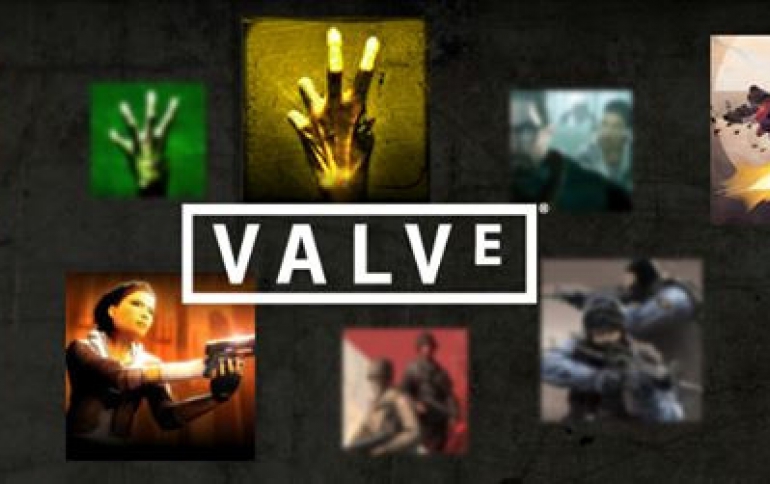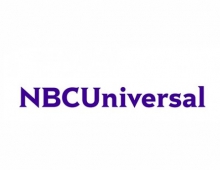
Europe Charges to Valve and Five Videogame Publishers on “geo-blocking” of PC Video Games
The European Commission has informed Valve, owner of the “Steam” video game distribution platform, and five videogame publishers, of its preliminary view that the companies prevented consumers from purchasing videogames cross-border from other Member States, in breach of EU competition rules.
Commissioner Margrethe Vestager, in charge of competition policy, said: "In a true Digital Single Market, European consumers should have the right to buy and play video games of their choice regardless of where they live in the EU. Consumers should not be prevented from shopping around between Member States to find the best available deal. Valve and the five PC video game publishers now have the chance to respond to our concerns."
The Commission has addressed Statements of Objections to Valve, owner of the world's largest PC video game distribution platform called “Steam”, and five PC video game publishers, Bandai Namco, Capcom, Focus Home, Koch Media and ZeniMax.
Valve – via Steam – digitally distributes PC video games from each of the five PC video game publishers concerned by the investigation. At the same time, Valve provides "activation keys" to these publishers.
These “activation keys” are required for consumers to play a number of PC video games bought on channels other than Steam, i.e. downloaded or purchased on physical media, such as a DVD. After the purchase of certain PC video games, users need to confirm their "activation key" on Steam to authenticate the game and be able to play it. This system is used for a wide range of games, including sports, simulation and action games.
The Commission's preliminary view is that Valve and the five PC video game publishers entered into bilateral agreements to prevent consumers from purchasing and using PC video games acquired elsewhere than in their country of residence (so-called “geo-blocking”). This is against EU antitrust rules.
The Commission said that Bandai Namco, Focus Home, Koch Media and ZeniMax, broke EU antitrust rules by including contractual export restrictions in their agreements with a number of distributors other than Valve. These distributors were prevented from selling the relevant PC video games outside the allocated territories, which could cover one or more European Member States. These practices may have prevented consumers from purchasing and playing PC video games sold by these distributors either on physical media, such as DVDs or through downloads.
The Commission opened formal antitrust proceedings into the bilateral agreements concluded between Valve Corporation and the five PC video game publishers on 2 February 2017.
A Statement of Objections is a formal step in Commission investigations into suspected violations of EU antitrust rules. The Commission informs the parties concerned in writing of the objections raised against them. The parties can then examine the documents in the Commission's investigation file, reply in writing and request an oral hearing to present their comments on the case before representatives of the Commission and national competition authorities.
If, after the parties have exercised their rights of defence, the Commission concludes that there is sufficient evidence of an infringement, it can adopt a decision prohibiting the conduct and imposing a fine of up to 10% of a company's annual worldwide turnover.
An updated List of Geo-Restricted Games and How to Unblock Them can be found at https://vpncentral.com/list-of-geo-restricted-games/





















